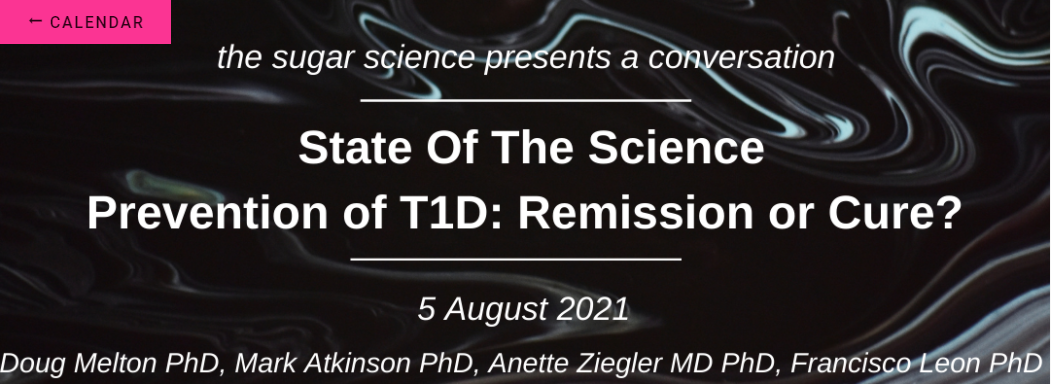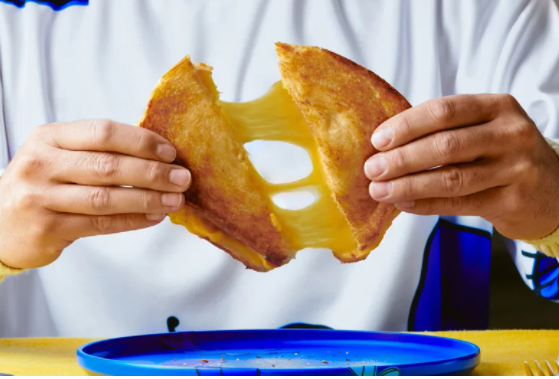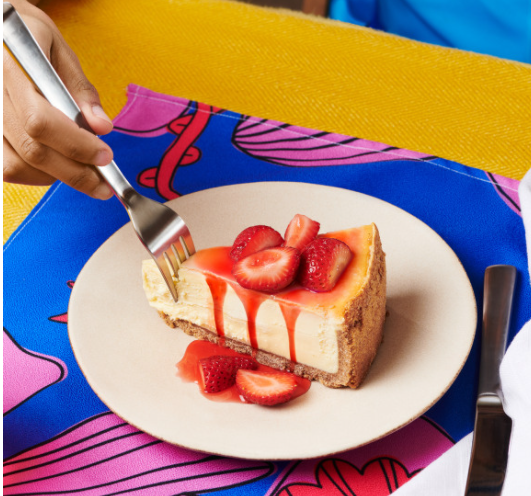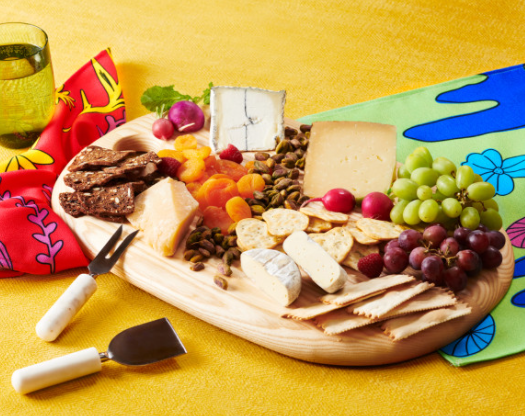Join The Sugar Science as they present the State of The Science: Prevention of T1D, Remission or Cure? A Conversation, 5 August 2021, 8am – 9am PDT. Register Here
 The State of The Science is an interactive conversation with room for granular and lively debate focused on the most pressing issues in type 1 diabetes (T1D) research. Our goal is to foster open science, interaction, and collaboration–all hallmarks of the(sugar)science mission. These virtual conversations will involve.
The State of The Science is an interactive conversation with room for granular and lively debate focused on the most pressing issues in type 1 diabetes (T1D) research. Our goal is to foster open science, interaction, and collaboration–all hallmarks of the(sugar)science mission. These virtual conversations will involve.
- 30 minute introduction – What’s HOT in this field? Describing the state of the art.
- 20 minute panel interface – What does the future hold?
- 10 minutes – Audience Q/A
WHO:
-
- Anchors (2) – introduce the topic, state of the art, and what’s happening in the field
- Panelists (3) – debate current hypotheses and postulate what the future folds
- Audience (50-100) – contribute meaningful questions and insights
- Anchors: Francisco Leon PhD (Provention), Antoon Van Oosterhaut PhD (Imcyse), Douglas Melton PhD (HSCI), Mark Atkinson PhD (UF)
- Panel: Jeff Millman PhD (WashU),
This startup just raised $75 million to make a more cheesy plant-based cheese was posted by Adele Peters for FastCompany.com, 22 July 2021.
 When Magi Richani began to shift to a plant-based diet five years ago, she faced a challenge common to people making a dietary move away from animal products: She didn’t want to give up cheese. “It was just so freaking hard,” she says. “I couldn’t find anything out there that would satisfy that bite of cheese on a pizza, or in a grilled cheese sandwich. And I tried every single plant-based cheese out there.”
When Magi Richani began to shift to a plant-based diet five years ago, she faced a challenge common to people making a dietary move away from animal products: She didn’t want to give up cheese. “It was just so freaking hard,” she says. “I couldn’t find anything out there that would satisfy that bite of cheese on a pizza, or in a grilled cheese sandwich. And I tried every single plant-based cheese out there.”
Her startup, Nobell Foods, announced a $75 million Series B round of funding as it launched out of stealth today, backed by Andreessen Horowitz, Breakthrough Energy Ventures, and other investors on July 21. In total, it has raised $100 million so far. For more than four years, the company has pioneered a new way to make dairy products from plants. The key lies in casein, a protein unique to milk, which the startup now grows in soybeans.
 “Milk is water, fat, sugar, and protein, and in order to re-create that delicious mouthfeel, texture, everything that we love about it, we really need to have these specific proteins that are only produced by cows after they give birth,” Richani says. Casein is the main protein found in milk, which helps make cheese stretch and melt in a particular way. “We discovered a way to basically turn plants into little factories for making casein, so you don’t have to get it from a cow,” she says. “You can get it from our plants.”
“Milk is water, fat, sugar, and protein, and in order to re-create that delicious mouthfeel, texture, everything that we love about it, we really need to have these specific proteins that are only produced by cows after they give birth,” Richani says. Casein is the main protein found in milk, which helps make cheese stretch and melt in a particular way. “We discovered a way to basically turn plants into little factories for making casein, so you don’t have to get it from a cow,” she says. “You can get it from our plants.”
Some other startups in the space, including Remilk and Perfect Day, are also focused on new ways to produce milk proteins, though they use microbial fermentation, a process similar to making beer. Nobell is working with plants because of the low cost of production.
 “Plants are the cheapest form of protein that we can get,” Richani says. The company uses soybeans that have been genetically edited to make casein; soy makes protein more efficiently than any other plant. Ultimately, the cost of making the final products could be cheaper than using milk from a cow. “For me, what’s most important is to come up with food that doesn’t just taste great, but competes on cost. It has to be affordable,” Richani says. “We’re not going to change the system by asking people to pay two, three, five, ten times more for the alternative, right? Plants are the cheapest way to make proteins, and if we can change their profile so they’re making any protein we want, we can compete with a cow. Cows are commoditized at a large scale and dairy is subsidized by the government. And we can still compete, and not just compete—eventually we can undercut that price structure, because of the fact that we’re working with plants.”
“Plants are the cheapest form of protein that we can get,” Richani says. The company uses soybeans that have been genetically edited to make casein; soy makes protein more efficiently than any other plant. Ultimately, the cost of making the final products could be cheaper than using milk from a cow. “For me, what’s most important is to come up with food that doesn’t just taste great, but competes on cost. It has to be affordable,” Richani says. “We’re not going to change the system by asking people to pay two, three, five, ten times more for the alternative, right? Plants are the cheapest way to make proteins, and if we can change their profile so they’re making any protein we want, we can compete with a cow. Cows are commoditized at a large scale and dairy is subsidized by the government. And we can still compete, and not just compete—eventually we can undercut that price structure, because of the fact that we’re working with plants.”
With the new round of funding, the company is focused on commercializing its first products over the next two years. The soybeans, which are currently grown in greenhouses in California as the company works on R&D, will soon be grown on fields in the Midwest. (While soybeans are often grown for animal feed, farmers will make a larger profit growing the new version.) The first customers will be restaurants, including pizza chains. The goal is to make the cheese taste exactly how customers expect.
Read more: This startup just raised $75 million to make a more cheesy plant-based cheese
Abbott Labs to pay $160 million over kickbacks, false diabetes claims to Medicare was reported by Jonathan Stempel for Reuters.com, 2 August 2021.
 Abbott Laboratories will pay $160 million to resolve claims that two of its units submitted false claims to Medicare by providing kickbacks to diabetes patients, including “free” or “no cost” glucose monitors, the U.S. Department of Justice said.
Abbott Laboratories will pay $160 million to resolve claims that two of its units submitted false claims to Medicare by providing kickbacks to diabetes patients, including “free” or “no cost” glucose monitors, the U.S. Department of Justice said.
Monday’s settlement resolves claims that Arriva Medical LLC – once the largest Medicare mail-order diabetes testing supplier – and its parent Alere Inc violated the federal False Claims Act from 2009 to 2016 by diverting Medicare funding from where it was needed. The Justice Department said Arriva provided free glucose monitors, or glucometers, to induce patients to order more testing supplies, and routinely waived copayments.
Arriva was also accused of systematically charging Medicare, a U.S. government health plan, for glucometers given to ineligible patients, and submitting claims for 211 patients who had been dead at least two weeks.
OK, very often, for my Wednesday blogs, I include items about food and nutrition and some basic but very interesting science items. Since you made it all the way down to this last item, here’s your reward!!!
What’s in the 4% Difference in DNA That Separates Us From Chimpanzees?
It doesn’t take a lot to create a vastly different species, as reported by Loukia Papadopoulos for InterestingEngineering.com, 1 August 2021.
You may have heard that scientists used a human gene to grow bigger monkey brains. This was made possible partly due to the fact that, genetically speaking, we are very similar to chimpanzees.
Small differences in DNA can have huge effects and our difference to chimpanzees is only 4%. Discovering this was no small feat, scientists had to map all of the human DNA and all of the chimpanzee DNA and then compare them both in all their complexity.
The genomes had over 3 billion As, Cs, Gs, and Ts, the DNA letters of each genetic code so you can imagine it was a massive undertaking. The scientists ended up finding three types of differences.
First, there were single-letter differences that made up about 1% of our DNA. There were also small insertions and deletions that made up 3% of the differences. Finally, there were bigger differences like whole chromosomes that had been moved around and duplications of whole genes.
These differences have accumulated over time since humans and chimpanzees shared a common ancestor. So what exactly are these differences? And how can a mere 4% change create such vastly different species? Watch the video to find out more.
[if you follow the highlighted links, it gets even more interesting!]


The Abbott payment is too small. Companies need to be reminded that when they cheat Medicare, they cannot make money doing it. I am sorry, unless they are paying back 5x what they made, they made money on the deal. There is no difference between the local bank robber and corporate thief. Grr.
Just saying, I am rick